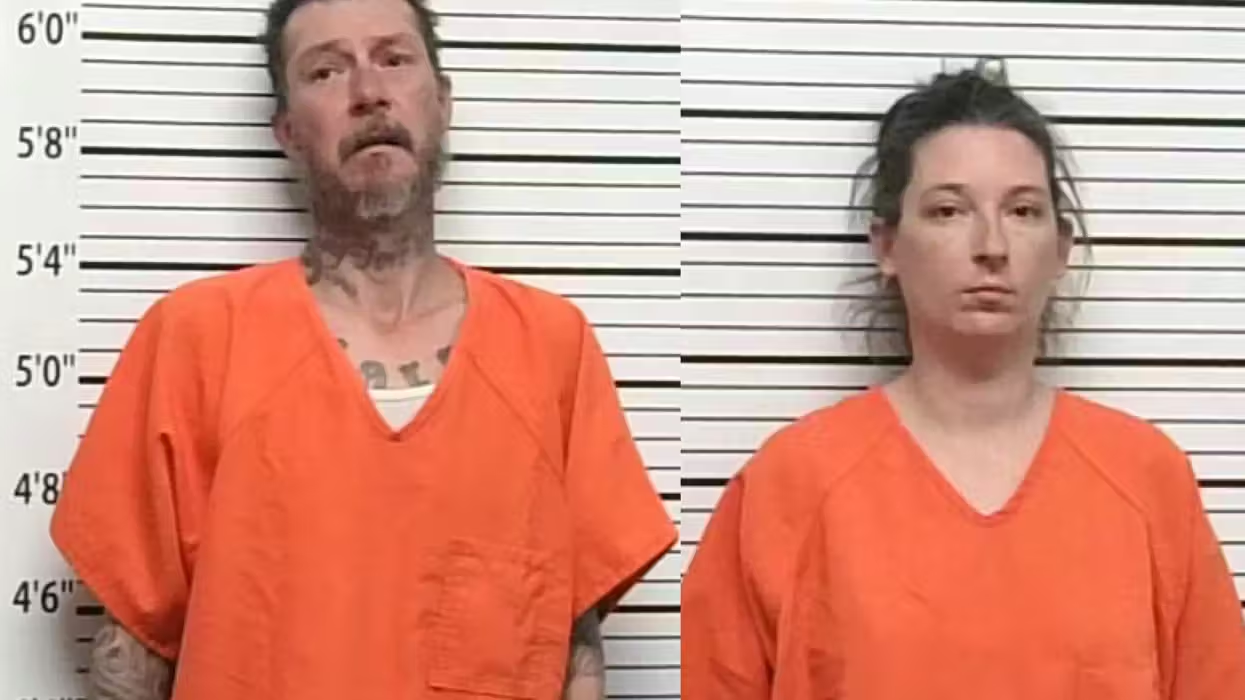The Organisation for the Prohibition of Chemical Weapons released a new report on Wednesday that said sarin and chlorine gases were “very likely” used as chemical weapons in a Syrian city on March 24-25, 2017.
What is the Organisation for the Prohibition of Chemical Weapons?
The OPCW is an international organization that serves as the “implementing body of the Chemical Weapons Convention” of 1997. The OPCW is made up of 192 member states, including Syria, which signed the the agreement in 2013.
Members of the OPCW promise to “share the collective goal of preventing chemistry from ever again being used for warfare, thereby strengthening international security.”
The OPCW set up the OPCW Fact-Finding Mission in 2014 “to establish facts surrounding allegations of the use of toxic chemicals, reportedly chlorine, for hostile purposes in the Syrian Arab Republic.”
What did the report say?
The report from the OPCW Fact-Finding Mission confirmed that sarin gas was “very likely used in the south of Ltamenah, Syrian Arab Republic, on 24 March 2017.” It also concluded that chlorine was “very likely used as a chemical weapon at Ltamenah Hospital and the surrounding area on 25 March 2017.”
Ltamenah, or Latamneh, is a village in northern Syria. According to reports, at least three people were killed and 32 were injured by the attack on March 25, in which a helicopter belonging to Syria's air force dropped a barrel bomb containing chlorine gas on a hospital.
Under current rules, the OPCW can only tell if a chemical attack has taken place and not speculate on who caused it. The OPCW used to be able to assign blame, as part of a joint UN-OPCW mandate, but Russia vetoed the mandate's renewal in November last year.
Syria's dictator, Bashar al-Assad, and Syria's Russian allies have repeatedly denied that the Syrian regime has used chemical weapons against its own people, despite seemingly overwhelming evidence that the attacks took place.
What about the attacks earlier this year?
The OPCW is still investigating alleged chemical weapons attacks against civilians by the Assad regime earlier this year. On April 13, the United States announced that it had carried out airstrikes along with United Kingdom and France against the Assad regime in response to the regime's use of chemical weapons that month. The chemical attacks in April reportedly killed 40 people.
Civilians have born the brunt of the Syrian civil war
As the war between rebel factions and the oppressive Syrian regime rages on, civilians have been the hardest hit. Out of the more than half a million people who have been killed in the more than seven-year long Syrian civil war, 85 percent have been civilians killed by Assad’s forces.







